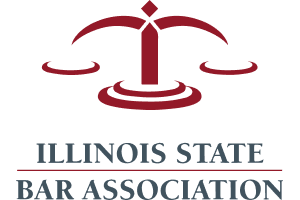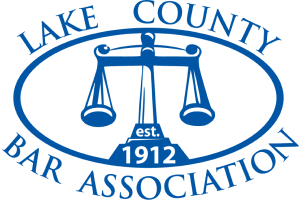Clients Decide.
What Happens at a Sobriety Checkpoint?
Deterring drunk driving has become one of the focal points for law enforcement over the past several decades. One of the most successful tools Illinois police officers have at their disposal is the sobriety checkpoint.
Sobriety checkpoints help deter drunk driving in several ways. They allow officers to find impaired drivers and promptly remove them from the road. The mere existence of sobriety checkpoints also reduces the number of people driving under the influence due to the threat of a severe penalty.
It is a relatively simple process that has a proven track record of keeping roads safer. So, what can you expect when going through a sobriety checkpoint?
Answering Questions
The first step to passing through a sobriety checkpoint is answering questions from a police officer. He or she will approach your vehicle and ask you simple questions such as where you are going or what you have been doing that evening. You are not required to answer these questions and you may choose to remain silent until you consult with an attorney first.
These questions help officers evaluate whether you are a candidate for further testing. Officers will also keep an eye on the way you are acting to look for common signs of intoxication. If you answer these questions to the officer’s satisfaction, you will be free to go.
Field Sobriety Testing
If the officer believes that you are driving under the influence, he or she may ask you to perform field sobriety tests. This may include standing on one leg or following the officer’s finger with your eyes. These are ways for the police to check your balance, coordination and concentration.
It is not a legal requirement that you take part in these tests. That said, the officer may arrest you if you deny the request. Denying it may simply make it more difficult for the police to prove that you were drinking, whether you were or not.
Breath Testing
The police may ask you to take a breath test if your field sobriety testing suggests that you have been driving impaired. This is the final step of the process and will lead to an arrest if your blood-alcohol content is above the legal limit. Refusing to blow into a breathalyzer might lead to a one-year suspension of your license.
However, breath test readings can be inaccurate, and they may even read as if you are intoxicated when you are not. Remember that an arrest does not mean automatic conviction. If you are arrested, an attorney can help you through the situation and find evidence that the breath test, or other methods of proving intoxication, were inaccurate.








